Understanding the origins and implications of U.S. travel restrictions on 12 countries

The United States enforces travel restrictions on a select group of countries due to complex reasons including national security, diplomatic conflicts, and concerns about governance or human rights. These restrictions are not uniform visa denials but reflect broader geopolitical tensions and policy choices. While aimed at protecting U.S. interests, such bans raise debates about fairness, humanitarian impact, and their effects on ordinary citizens seeking education, refuge, or family reunification.
1. Iran remains restricted due to longstanding diplomatic tensions and security concerns.
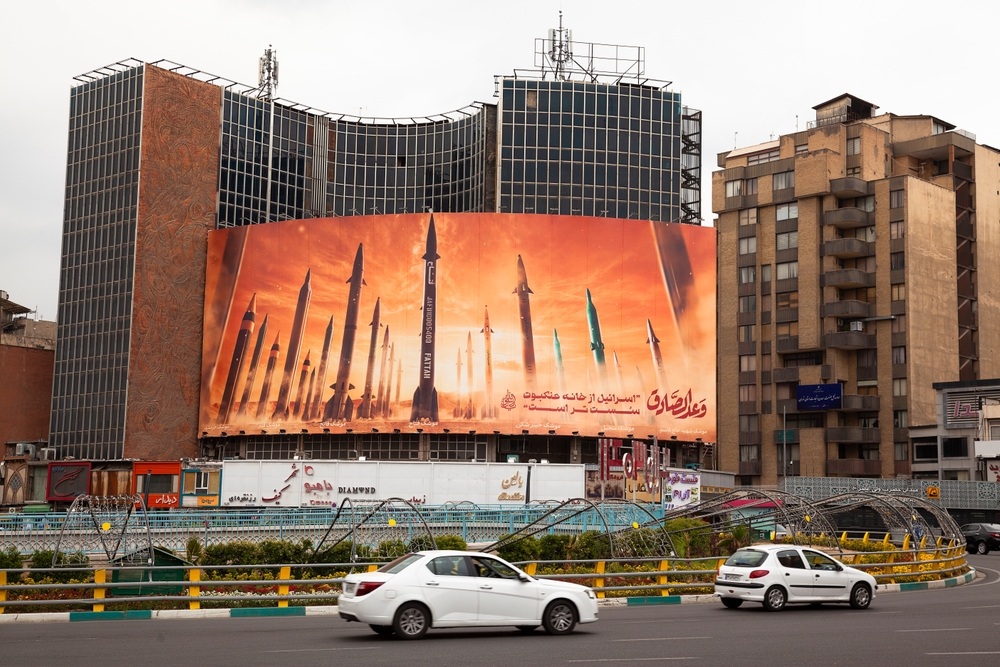
Iran is restricted primarily due to protracted diplomatic tensions and security concerns. Travel bans often reflect deep-rooted issues, such as Iran’s nuclear program and disagreements with international norms. National security considerations play a crucial role in shaping the policies governing these restrictions.
Controversies regarding such bans highlight their impact on Iranian citizens seeking opportunities abroad. For example, students and professionals face hurdles despite their individual intentions. Balancing security with humanitarian aspects remains a complex challenge, Dorsey & Whitney explained. Travel restrictions can evolve, influenced by shifting diplomatic efforts or resolutions.
2. North Korea faces entry bans rooted in geopolitical conflicts and nuclear proliferation.
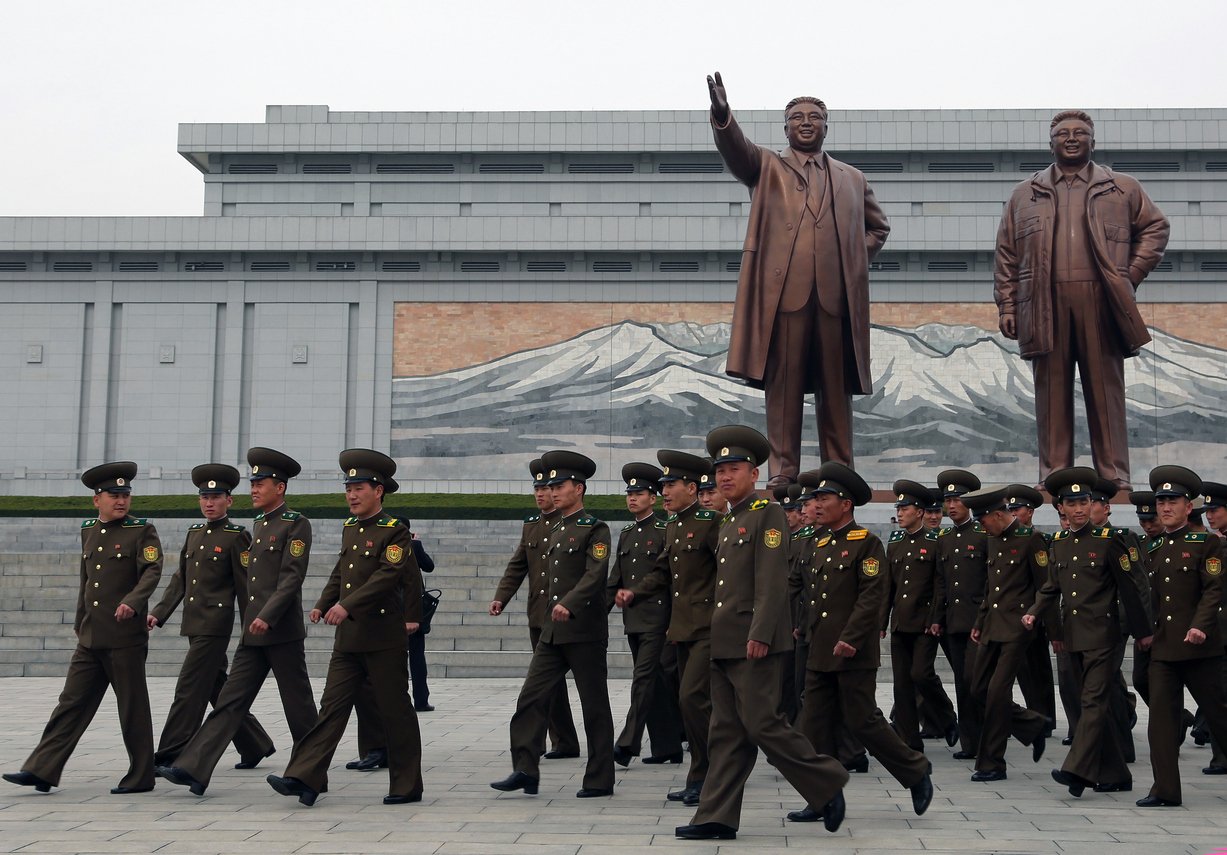
North Korea faces U.S. entry bans primarily due to geopolitical tensions and nuclear proliferation activities. The country’s nuclear ambitions and adversarial posture towards global powers contribute to these restrictions. Security concerns dominate discussions about the potential threats posed.
Debate over these bans often references the plight of North Korean defectors or refugees. Policies aimed at countering Pyongyang’s military expansion also impact ordinary citizens. Even as nuclear issues persist, opportunities for diplomatic engagement occasionally alter the landscape despite ongoing conflicts. as stated in NAFSA.
3. Syria’s ongoing civil unrest contributes to continued U.S. travel restrictions.
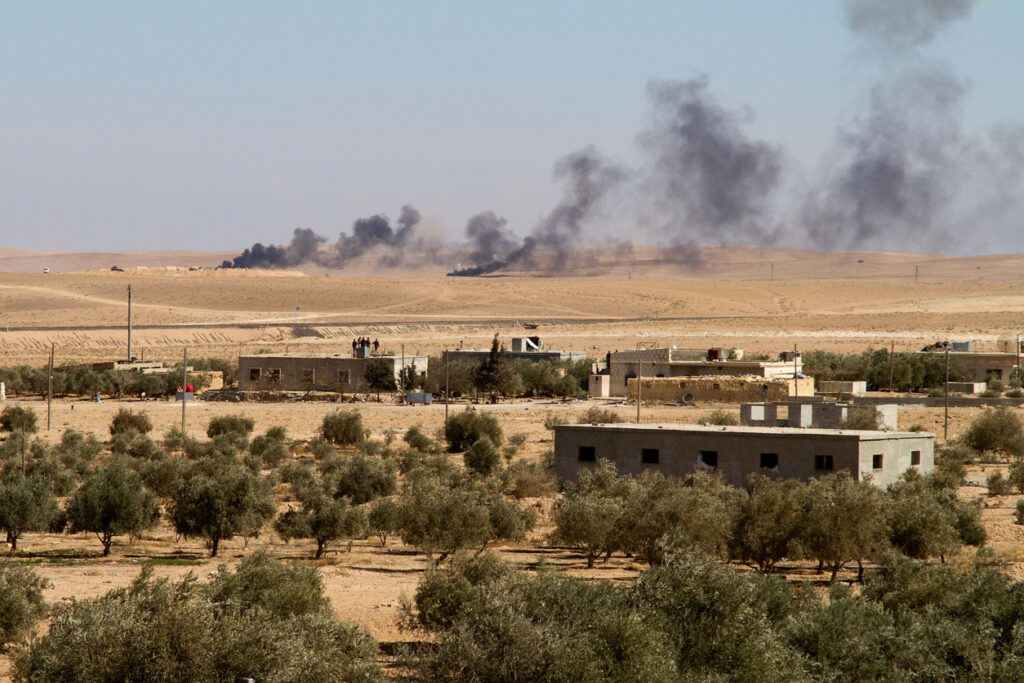
Syria’s prolonged civil unrest has led to ongoing U.S. travel restrictions. Conflict and instability within the nation create security hazards that inform such measures. The complex web of political factions and violence shapes policy decisions regarding entry.
Humanitarian concerns highlight the restrictions’ effects on displaced Syrians. Many seek refuge globally due to conflict-driven displacement, according to the Internal Rescue Committee. While recognizing security implications, debates often consider the humanitarian needs. Any shifts in the geopolitical landscape may influence future policies.
4. Venezuela is restricted amid political instability and disputes with U.S. policies.
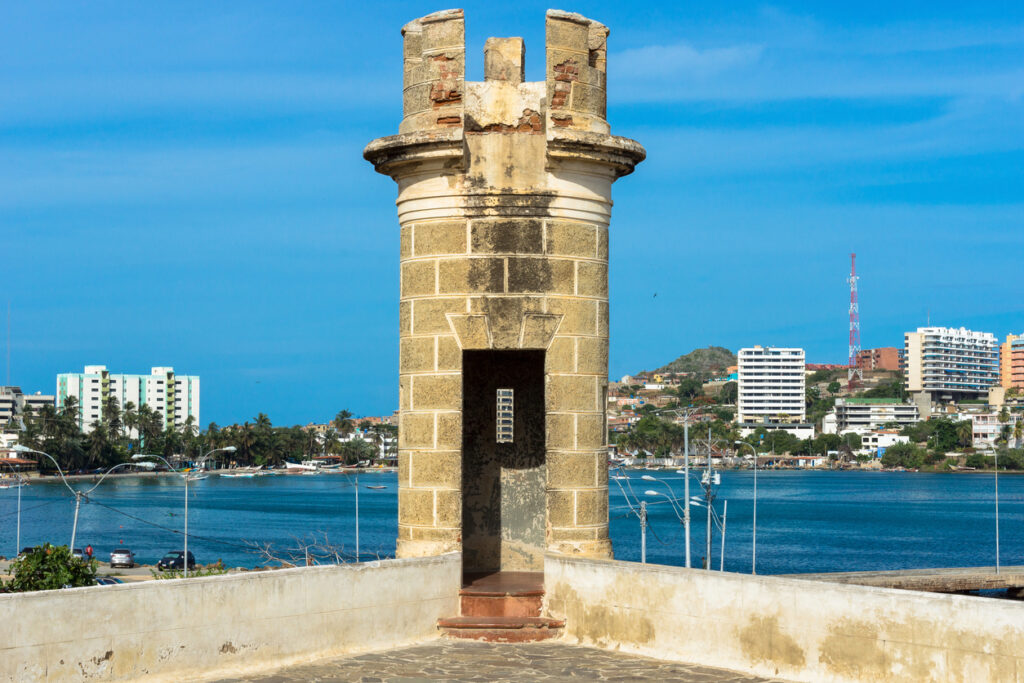
Amid political instability and disputes with U.S. policies, Venezuela is restricted from U.S. entry. The tumultuous political environment and economic challenges contribute to these travel limitations. Policy makers implement these measures, considering broader diplomatic tensions.
Controversy surrounds the implications for Venezuelans affected by unrest. Many face challenging conditions at home yet encounter barriers abroad. Venezuelan-American communities express concerns over fairness and connectivity. Solutions often hinge on diplomatic resolutions that may realign policies over time.
5. Libya’s conflict and governance issues have led to sustained entry limitations.
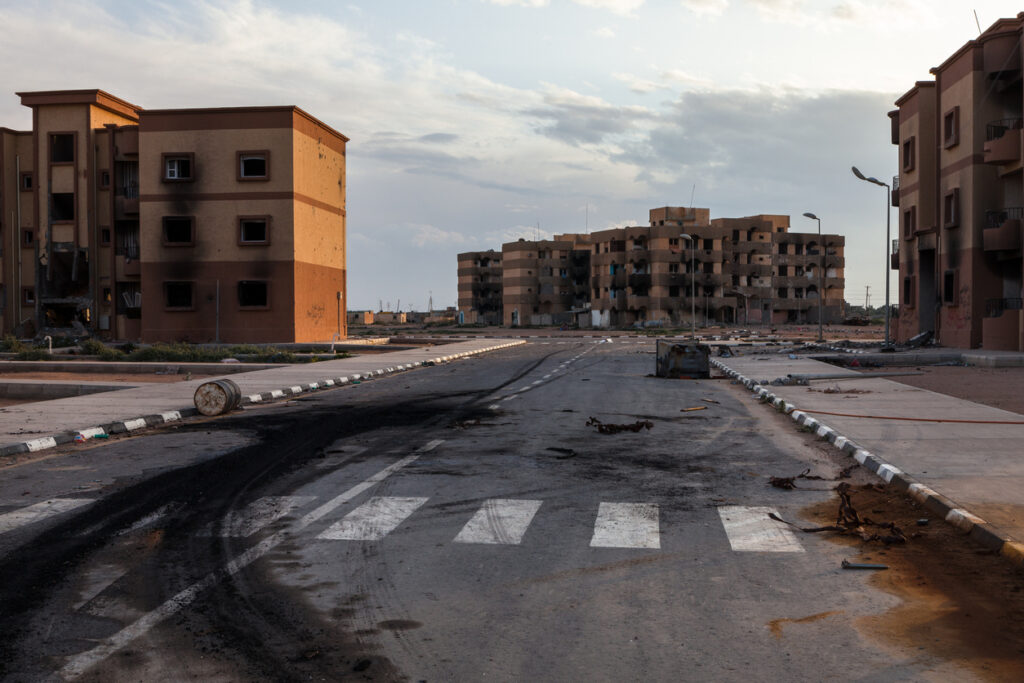
Conflicts and governance issues in Libya have led to persistent U.S. entry limitations. Since the fall of the Gaddafi regime, Libya’s political landscape remains fragmented, complicating security efforts. Increased risks and instability factor into decisions on travel bans.
These restrictions impact Libyan civilians seeking stability or education elsewhere. Political complexities raise questions about how nations engage with Libya during rebuilding phases. Negotiating the balance between security interests and humanitarian needs forms an ongoing policy dialogue.
6. Somalia’s security challenges and governance gaps influence travel bans.
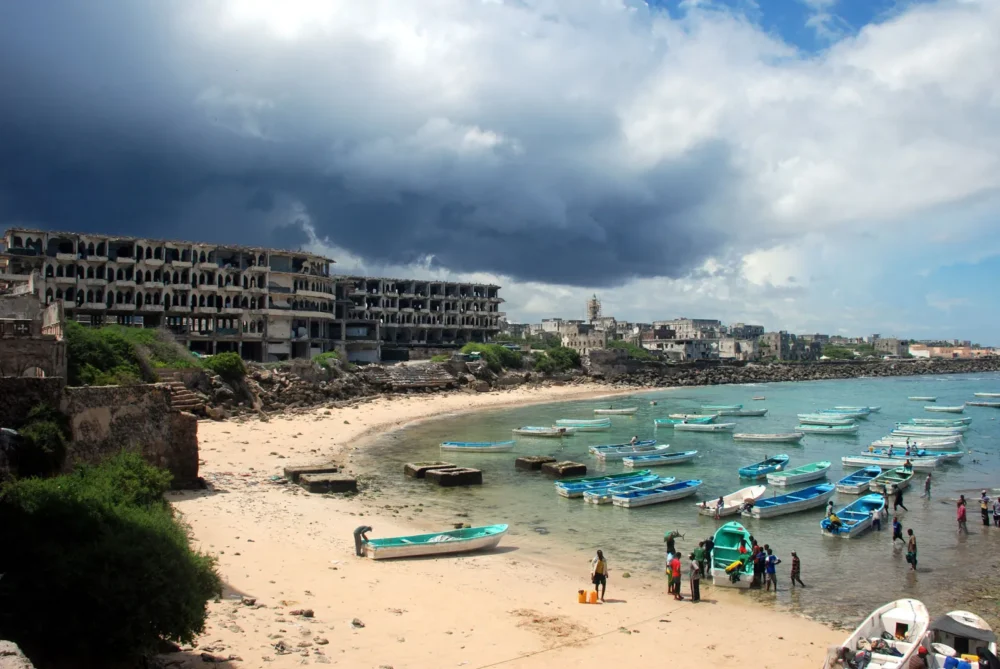
Somalia’s security challenges and governance difficulties significantly influence travel bans. Frequent insurgent activities and governmental weaknesses underscore entry restrictions. U.S. policies generally reflect a cautious stance towards regions with ongoing instability.
International debates frequently mention the hardships endured by ordinary Somalis. Many seek asylum or advancement elsewhere amidst strife. While security justifications prevail, humanitarian advocates emphasize the broader implications for those forced to flee. Changing regional or global relations may gradually alter these travel conditions.
7. Yemen restrictions stem from prolonged conflict and humanitarian crises.
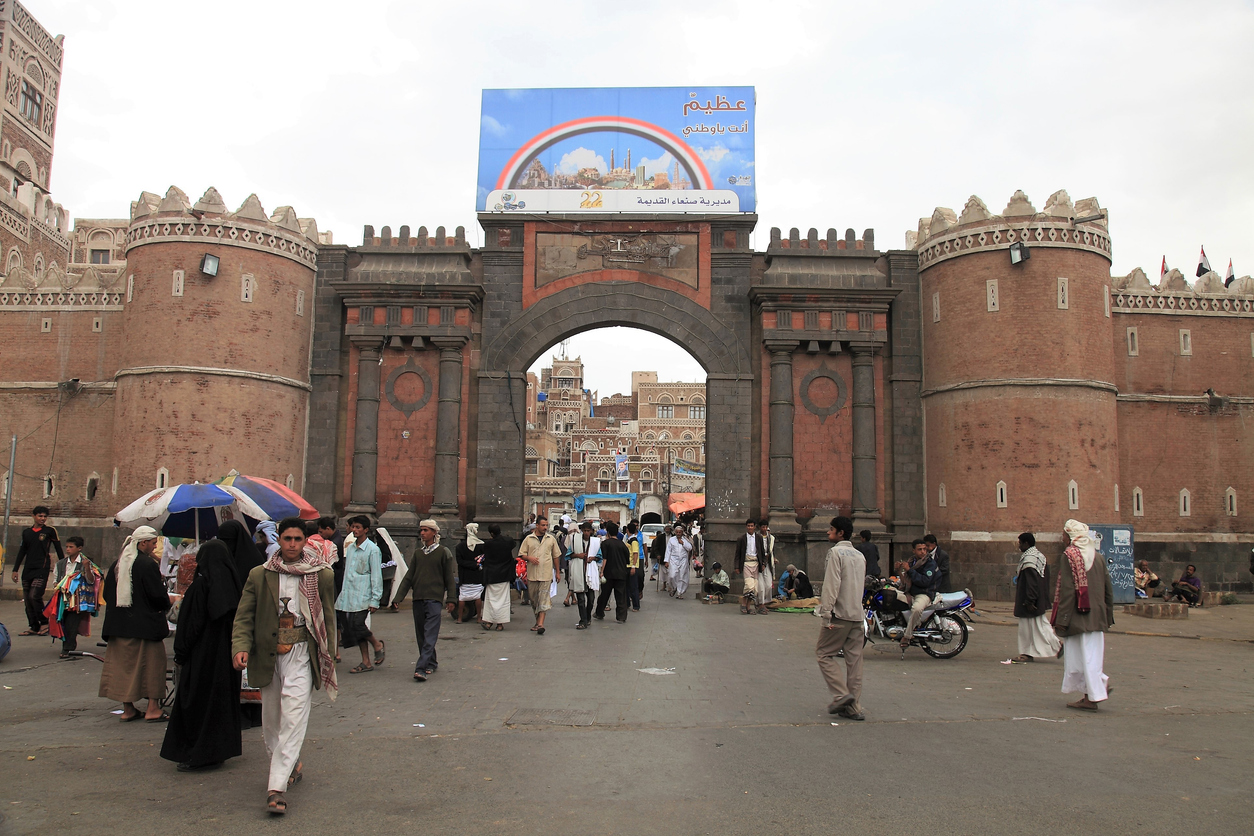
Yemen’s restrictions arise from enduring conflict and humanitarian crises. The war-torn nation has been embroiled in complex civil struggles, creating dire circumstances. Security concerns guide U.S. policies, reflecting geopolitical instability and conflict zones.
Debate often touches on the restrictions’ impact on Yemenis amid suffering and urgent needs. Many seek refuge but face external barriers. Both diplomatic and humanitarian efforts attempt to mitigate these effects over time, recognizing the intricate balance required in policy adjustments.
8. Cuba’s complex diplomatic relationship with the U.S. affects entry policies.
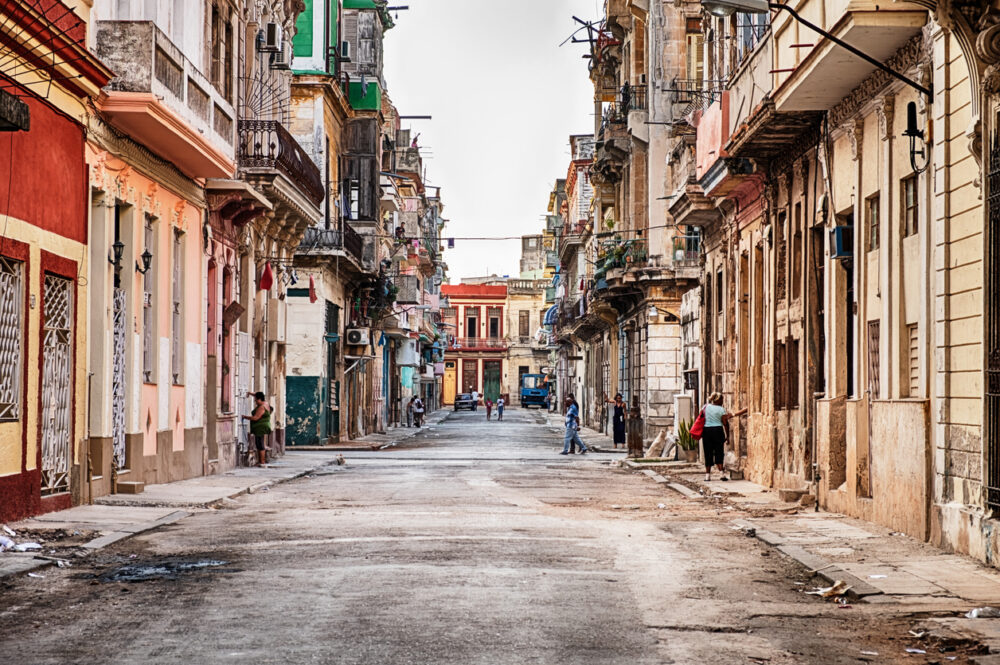
Cuba’s intricate diplomatic relations with the United States have long affected entry policies. Cold War-era tensions linger as both nations navigate a historically complex relationship. Over the years, these policies have been shaped by changing political climates and leadership.
Ending or sustaining these restrictions involves weighing historical grievances against current diplomatic aspirations. Cuban citizens often experience travel challenges tied to broader negotiations. Periodic efforts towards reconciliation reflect the possibility of policy evolutions given mutual interests.
9. South Sudan remains restricted due to ongoing instability and governance concerns.
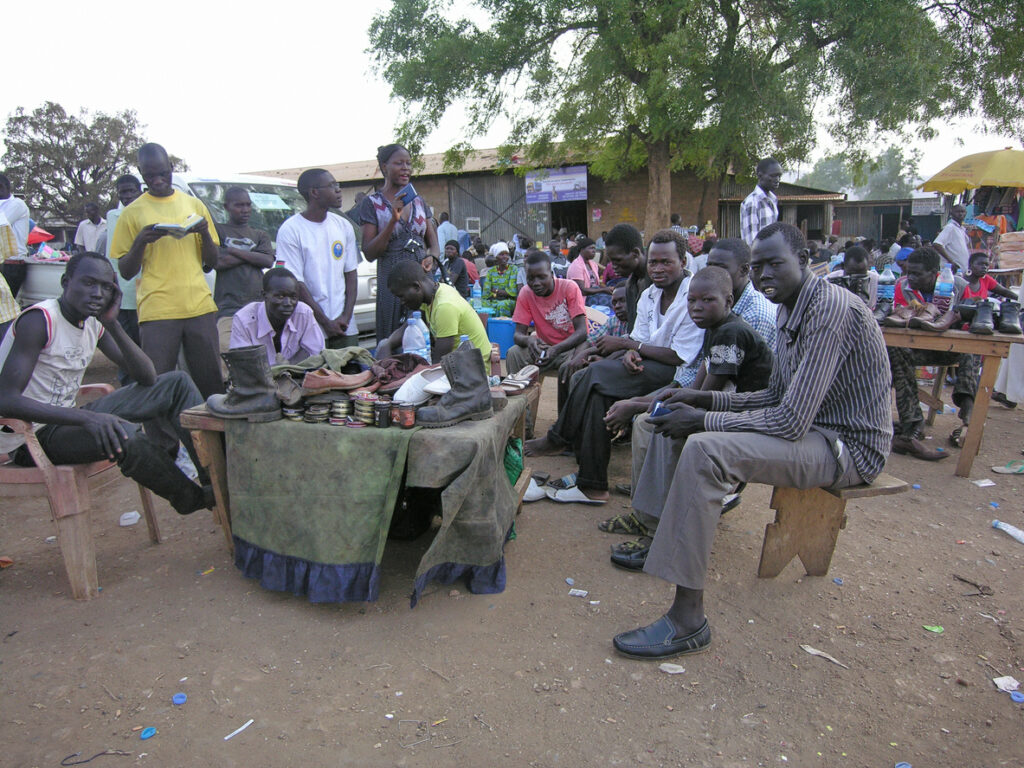
South Sudan is restricted due to ongoing instability and governance concerns. Since its independence, the country has grappled with internal conflicts and political tensions. U.S. policies aim to mitigate risks associated with persistent instability.
The restrictions impact those affected by South Sudan’s turmoil, often facing dire humanitarian conditions. As one of the world’s youngest nations, challenges perceived externally often lead to debates on fairness. Shifting political landscapes or peace initiatives could eventually adjust current policies.
10. Eritrea faces entry limits related to human rights and regional security issues.
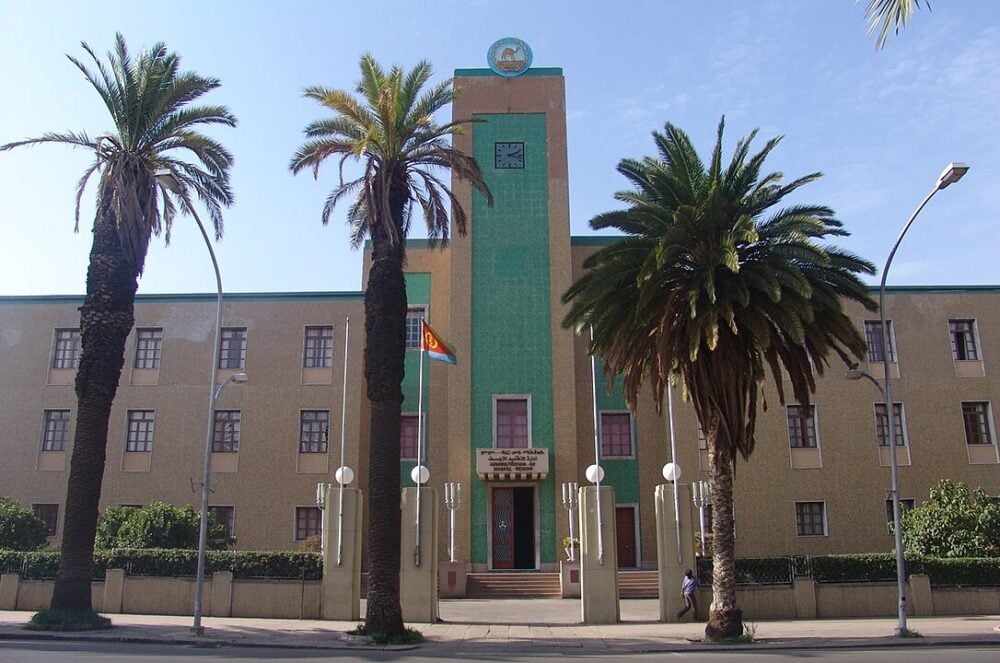
Eritrea faces entry limits linked to human rights and regional security concerns. Reports of arbitrary detentions and forced conscription highlight significant issues within the country. These challenges shape international perspectives on Eritrea’s travel policies.
Eritrean nationals abroad encounter difficulties reconnecting with family or seeking asylum due to these reputational concerns. Balancing international obligations with human rights advocacy forms a complex narrative around policy decisions. Changes in geopolitical dynamics or reforms might influence future stances.
11. Belarus is restricted following political unrest and international sanctions.
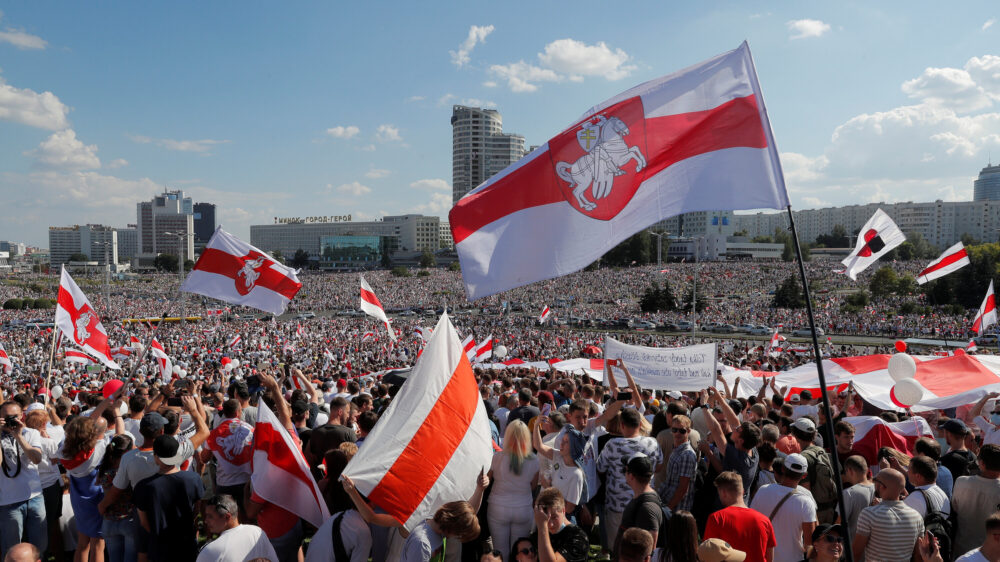
Belarus is restricted following political unrest and sanctions from the international community. Recent elections and governmental actions prompted worldwide attention, resulting in travel policy shifts. Such actions underline the nation’s strained diplomatic engagements.
These restrictions impact Belarusian citizens amidst tensions at home and abroad. As sanctions affect international interactions, policy discussions evolve around restoring viable relations. While security concerns prevail, diplomatic resolutions may gradually recalibrate entry conditions, utilizing international cooperation.
